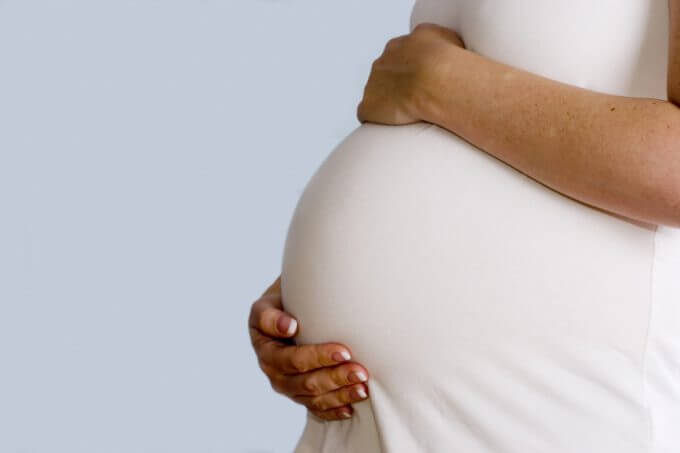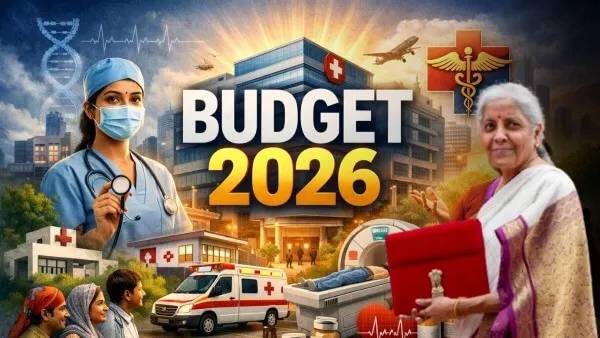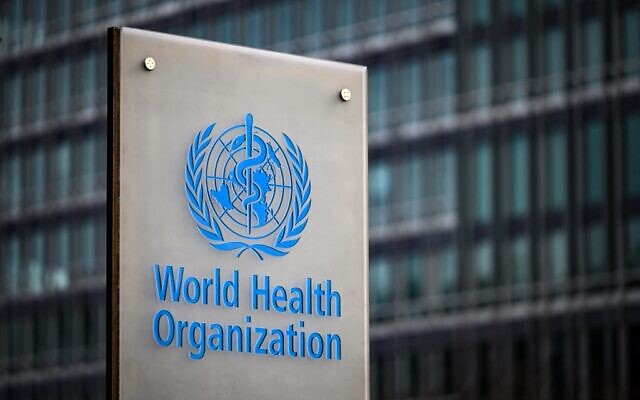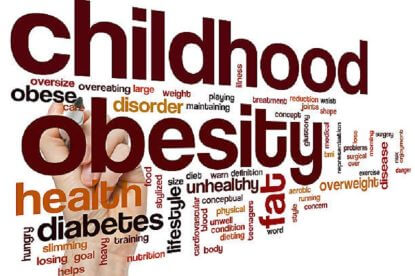Indians scramble for C-sections to secure US citizenship: How it's bad for the baby
Sun 26 Jan 2025, 00:27:15

An increasing number of Indian couples are opting for preterm delivery through C-section in the US, before the birthright citizenship deadline on February 20.
Indian pregnant women are attempting preterm births in a race to give their babies US citizenship, after President Donald Trump's proclamation about terminating the Birthright citizenship under the 14th Amendment.
While women in their eighth or ninth month of pregnancy are asking doctors for C-sections, many others in the second or early third trimester are also exploring the same route, according to a Times of India report.
However, this rush to attempt caesarian or preterm birth surgery is being discouraged by doctors due to various health complications for both the mother and the child.
WHY IS PRETERM BIRTH SURGERY NOT A GOOD IDEA?
A preterm birth is defined as birth before 37 weeks of gestation, measured from the first day of the pregnant woman's last menstrual period.
According to the World Health Organisation (WHO), preterm birth complications are the leading cause of death among children under 5 years of age.
Dr Sandhya Rani, Senior Consultant, Obstetrics & Gynaecology, Aster Women and Children Hospital, Whitefield, Bengaluru, said that doctors getting calls for preterm surgery should condemn the act as it hampers the health of both the mother and the child. Babies born prematurely face several health complications which are lifelong.
"First of all, for a preterm birth, we cannot induce labour pains, because the mother may not respond to the medicines since the body is not ready for it. If the surgery caesarian, it increases complications as its not easy to deliver the baby, resulting in making larger incisions on the body. This complicates future pregnancies of the mother. Because of the incisions, the blood loss can be high and sometimes, blood transfusion is involved," Dr Rani told India Today Digital.
A 2023 study in Frontiers in Pediatrics, found that preterm infants frequently experience respiratory distress syndrome, which occurs when the baby's lungs are underdeveloped and unable to produce enough surfactant, which helps keep the lungs open. In this case, infants need respiratory support, such as mechanical ventilation or non-invasive respiratory support, to help them breathe.
Besides this,
extracting the baby out of the mother can lead to trauma for the infant.
extracting the baby out of the mother can lead to trauma for the infant.
"Even the placenta, which is the connecting tissue from the mother to the baby, may not ready to get separated because it is an untimely delivery. So sometimes, we have to remove it manually and this again, increases the risk of blood loss during delivery," explained Dr Rani.
The expert added that unless there are valid medical reasons invovled, delivering a baby prematurely will cause survival issues.
"Lactation issues also crop up because the hormones are not yet active and sometimes, the breast milk secretion may not be immediate. So the babies are then given formula feeds, which again leads to more infection susceptibility," said Dr Rani.
Adding to this, the physical separation is longer between the mother and the child in a preterm birth, which could be emotionally taxing for the mother.
A preterm birth surgery is very "troublesome," Dr Vaishali Sharma, renowned Laparoscopic Surgeon and IVF Specialist, said.
"The surgery is even more complicated and becomes high-risk for the mother, especially if she's already had caesarian surgery before. We advice the mother to have a gap of three years between two caesarian pregnancies, because it can cause scar rupture," added Dr Sharma.
Another study mentioned that necrotising enterocolitis (NEC), which inflames and damages the intestines, may also affect premature infants. Neurological disorders, including cerebral palsy, which affects movement and coordination, and developmental delays are also at a high risk in caesarian children born prematurely.
Other health problems include intraventricular haemorrhage (IVH), a type of brain bleeding that can result in neurological complications.
What is the birthright citizenship?
As per Birthright citizenship, any person born on American soil is automatically granted US citizenship, regardless of the citizenship or immigration status of the parents.
In one of the executive orders signed by Trump after he took over as the President, he terminated the birthright citizenship in the US. Children born in the US till February 19, 2025 to non-citizen parents will be born American citizens, but children born after February 20, 2025, won't be natural American citizens if either of the parents isn't a US citizen.
No Comments For This Post, Be first to write a Comment.
Most viewed from Health
AIMIM News
Latest Urdu News
Most Viewed
May 26, 2020
Is it right to exclude Bangladesh from the T20 World Cup?
Latest Videos View All
Like Us
Home
About Us
Advertise With Us
All Polls
Epaper Archives
Privacy Policy
Contact Us
Download Etemaad App
© 2026 Etemaad Daily News, All Rights Reserved.

























.jpg)
.jpg)
.jpg)


